Understanding the Symbolism: What the Devil Tarot Means for Your Spiritual Journey
Tarot cards have long been a fascinating tool for spiritual and personal insight. Among the major arcana, the Devil card often captures attention due to its striking imagery and complex symbolism. In this blog, we’ll explore what the Devil tarot card signifies and how it can impact your spiritual journey.
Decoding the Imagery: What the Devil Represents
The imagery of the Devil card typically includes a horned figure overseeing two individuals bound by chains. These symbols are deeply rich in meaning, representing bondage, temptation, and materialism. However, they also suggest the possibility of breaking free from these constraints.
The Devil card encourages a deeper look at the chains that bind us. Often, these chains are self-imposed, reflecting our own fears and insecurities. The horned figure, often depicted with a mischievous grin, does not symbolize external evil but rather the darker aspects of our psyche. The creatures restrained at his feet represent human nature’s dual aspects, the battle between pleasure and discipline. Learning to reconcile and integrate these disparate elements can lead to personal freedom, as the card quietly reminds us that the power to release ourselves lays within.
Challenging the Devil’s ominous visage, we uncover its dual nature as both a harbinger of awareness and a reminder of our primal instincts. The card can prompt thoughts of addiction, whether to substances, relationships, or ideologies, urging us to acknowledge what we allow to control us. By recognizing and confronting the hidden desires and fears within us, the Devil card guides us toward enlightenment and inner liberation. It suggests that through self-awareness and choice, we can overcome even the most powerful of our personal restraints.
The Symbolic Meaning in Different Tarot Decks
While the Rider-Waite deck is one of the most popular, the Devil card appears in various forms across different tarot decks. Each variation offers a unique perspective on its symbolism and can reflect different cultural or historical influences.
Diverse tarot decks interpret the Devil card through their cultural lenses. For example, the Thoth Tarot deck portrays the Devil as a whimsical, almost playful force, suggesting chaos is a part of nature’s creation process. Decks inspired by ancient iconography, such as the Visconti-Sforza, incorporate medieval Christian symbolism to warn against spiritual blindness. Contrasting these, contemporary decks like the Wild Unknown offer a minimalist yet potent representation, embracing abstract symbols that encourage introspective exploration of modern subconscious battles. Each deck breathes new life into the Devil’s identity, offering fresh insights to guide practitioners.
Examining the Devil card through diverse decks provides a rich tapestry of interpretations. In some, the central figure is less about direct evil and more about the subtlety of temptation. The Ukiyo-e Tarot, for instance, translates this image into traditional Japanese art, transforming the Devil’s message into that of inner demons that threaten personal honor and societal harmony. Meanwhile, the Marseille Tarot distinguishes itself by emphasizing the ignorance of the chained figures, hinting at social and personal limitations. Every variation adds a unique voice to the dialogue on accountability and personal power offered by the Tarot.
How the Devil Card Influences Personal Growth
Encountering the Devil card in a reading can be confronting, yet it encourages self-reflection. It often highlights areas of life where one might be feeling restricted or controlled, inviting an opportunity for introspection and growth.
The Devil card serves as a mirror, reflecting the internal battles and external restrictions that impede growth. Upon reflection, we might discover reliance on certain habits or beliefs that keep us stagnant. Yet, this moment of honesty is the first step toward reclaiming our power. By looking at the parts of ourselves that we often ignore or deny, we can initiate a journey of self-awareness that empowers transformation. This card invites us to question, refine, and ultimately transcend the facets of our identity that no longer serve us, offering a gateway to empowerment.
Acceptance of the Devil card’s message does not equate to endorsement of its shadow aspects but rather to understanding. This understanding allows for transformative growth, as recognizing one’s limitations often reveals untapped potential. The process involves embracing both light and shadow, acknowledging vulnerabilities with compassion. In doing so, you break the illusory chains presented by the Devil, converting self-imposed limits into stepping stones for achieving authentic freedom. Engaging with the Devil card propels a metamorphosis from victimhood into a state of empowered self-authority, teaching us resilience, courage, and balance on our spiritual journey.
Integrating the Devil Card into Your Spiritual Practice
Using the Devil tarot card as a focal point in meditation or journaling can reveal personal shadows or attachments. By confronting these aspects, individuals can learn to transform limitations into strengths, enhancing their spiritual journey.
Incorporating the Devil card into spiritual routines offers a powerful tool for introspection. Begin by meditating on the card’s imagery, allowing emotions and thoughts to surface without judgment. Writing about the experience can clarify recurring themes and spark insights on how these patterns influence daily life. This method not only sheds light on the subconscious fears and desires but also encourages the discovery of hidden strengths. Such exercises cultivate a profound sense of self-acceptance and resilience, paving the way for authentic personal evolution.
The transformative power of the Devil card can enrich spiritual practices when coupled with ritual work. Consider creating space where the card can serve as a daily reminder of the embrace of light and shadow. You might set intentions to release specific fears or adopt positive habits. Acknowledging the energy of the Devil card—both its challenges and its gifts—during these rituals can lead to breakthroughs in understanding and personal freedom. Engage with this practice regularly, and watch as the balancing forces of light and shadow foster a life imbued with intention and awareness.
Embracing the Lessons of the Devil Tarot
The Devil tarot card, while daunting at first glance, offers profound insights into our own limitations and the potential for liberation. Embracing its lessons can lead to a deeper understanding of oneself and ultimately, a more empowered path forward.




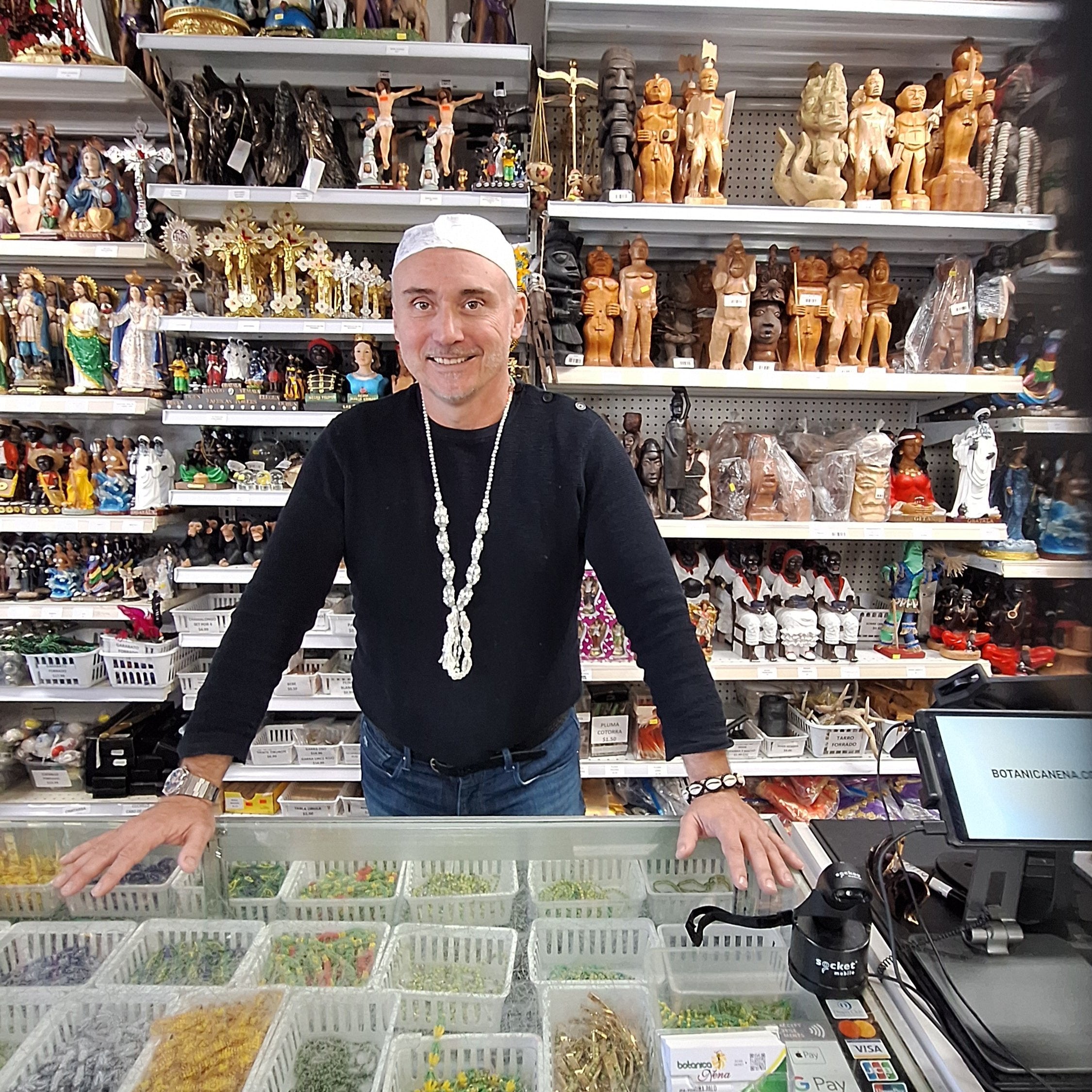



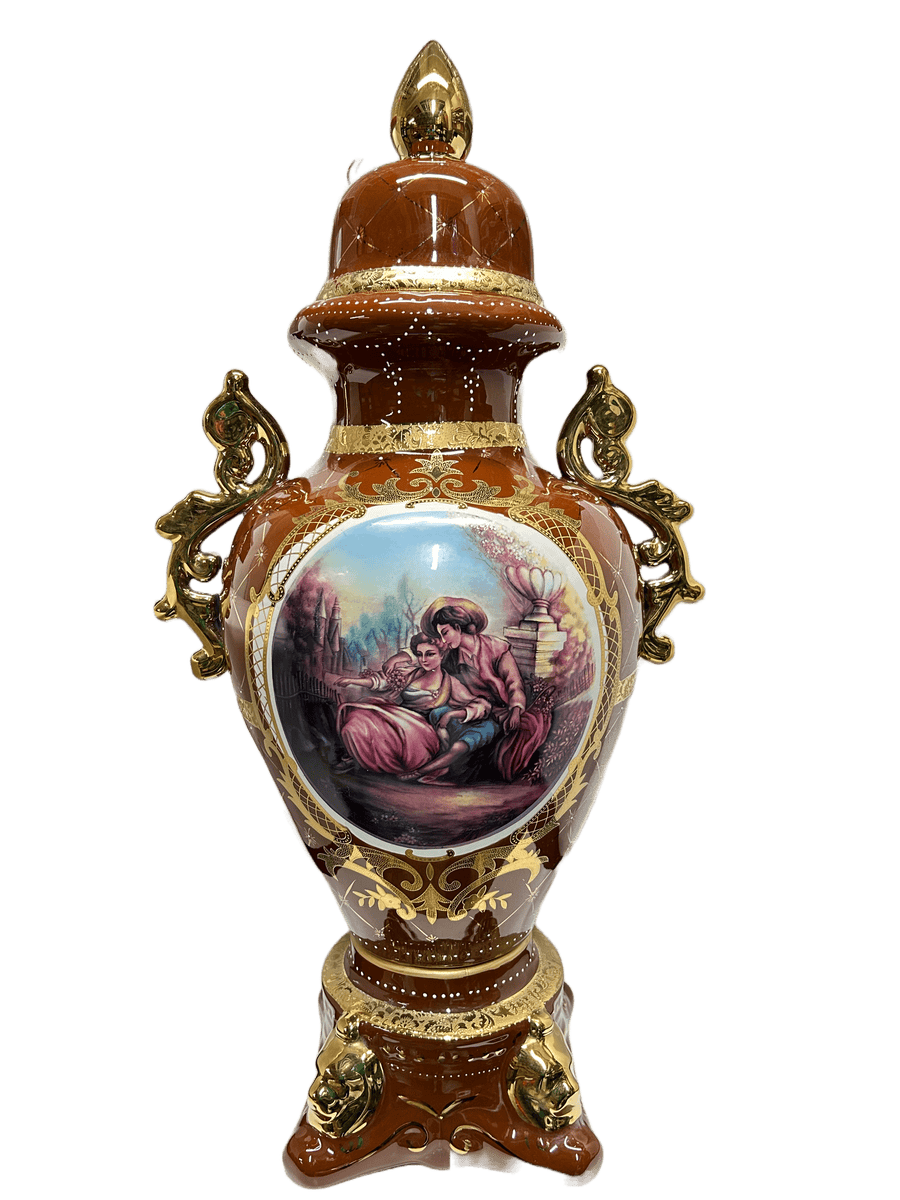
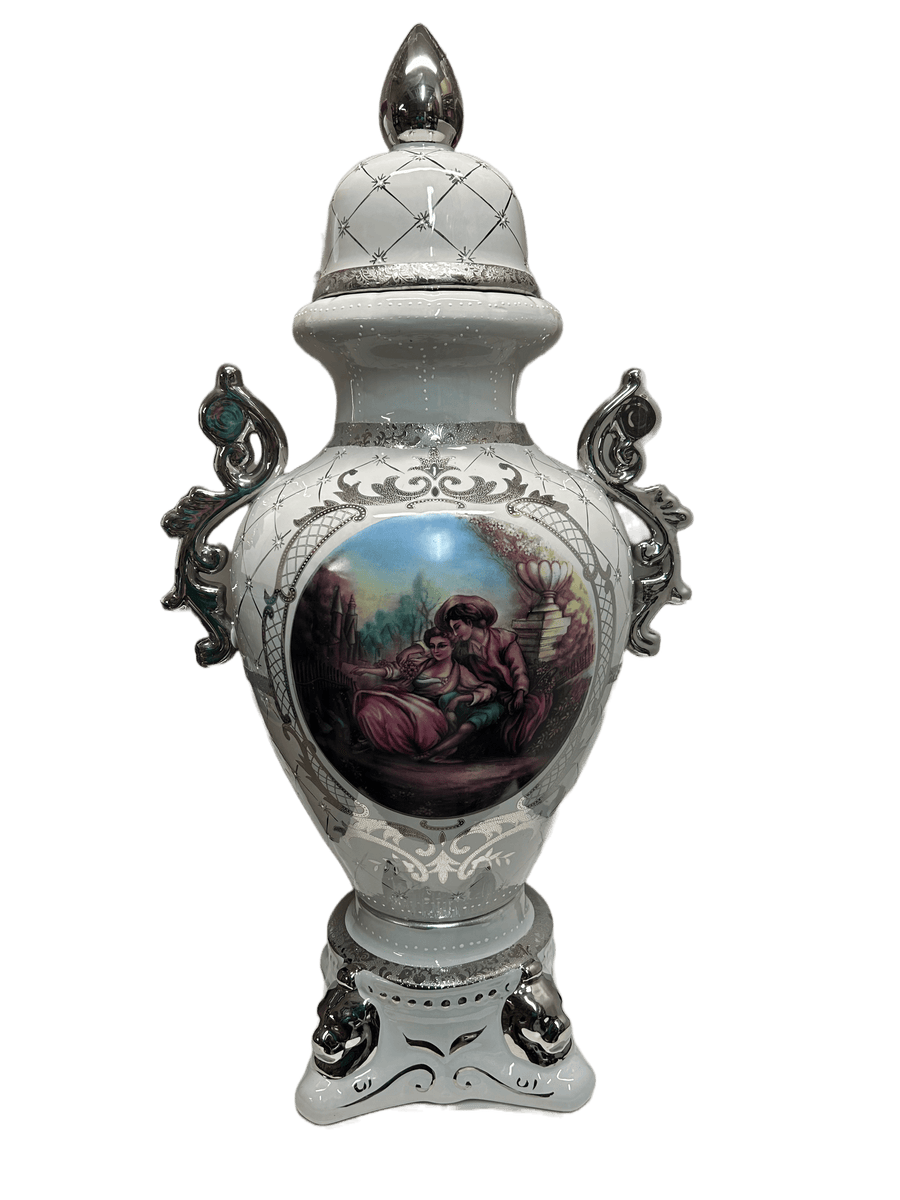
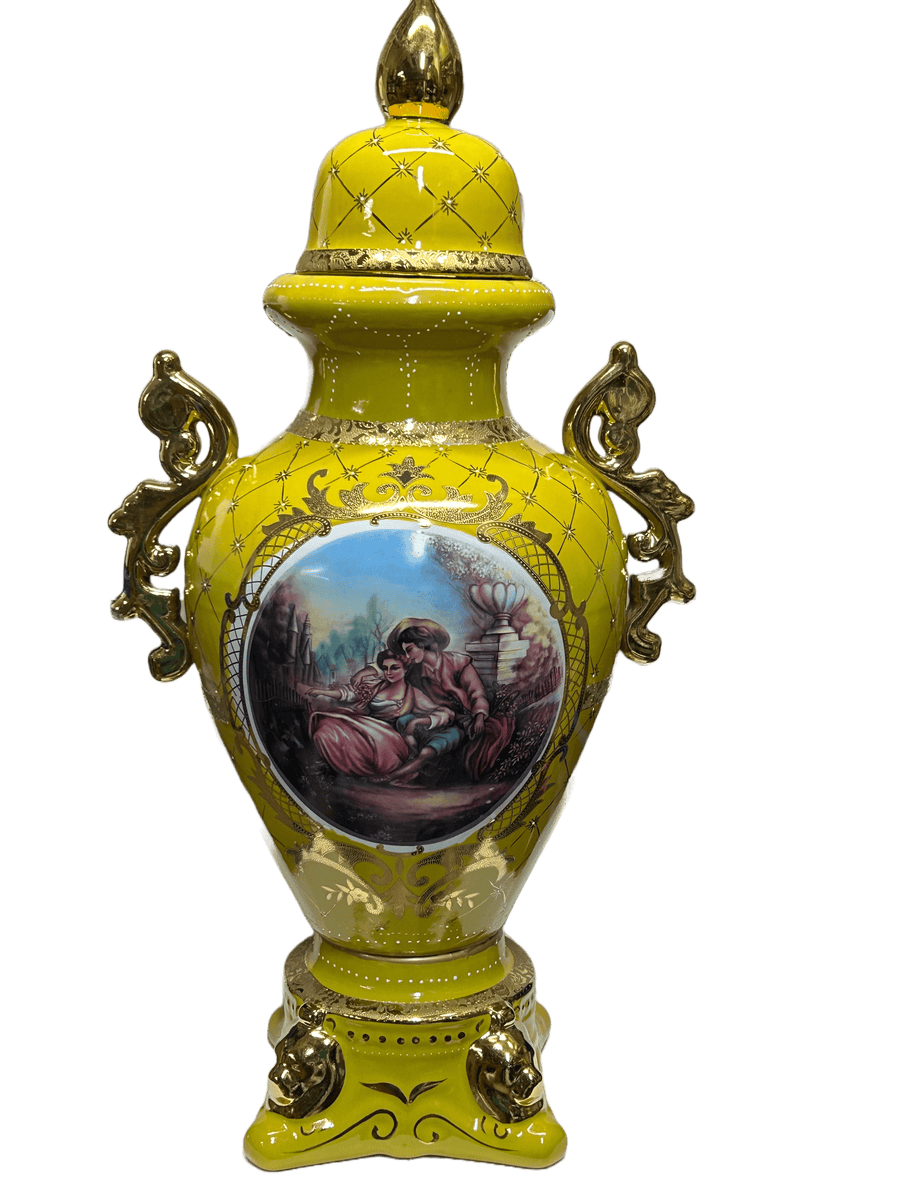
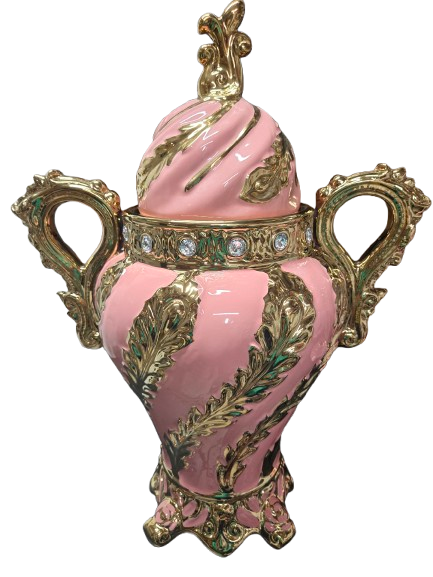
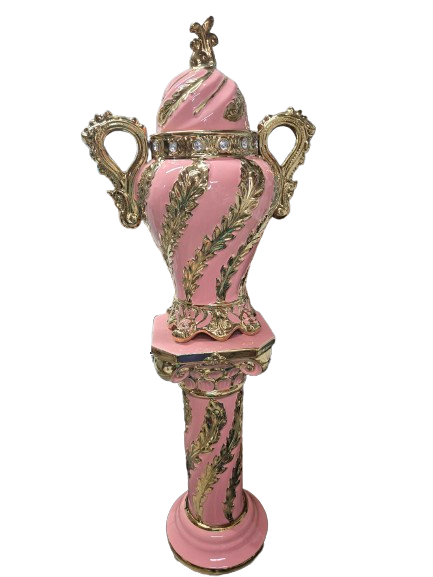
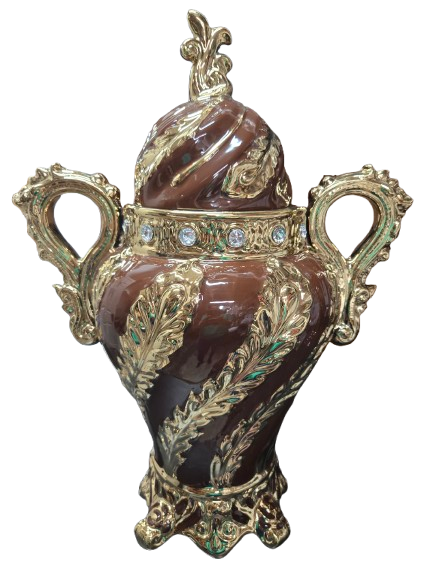
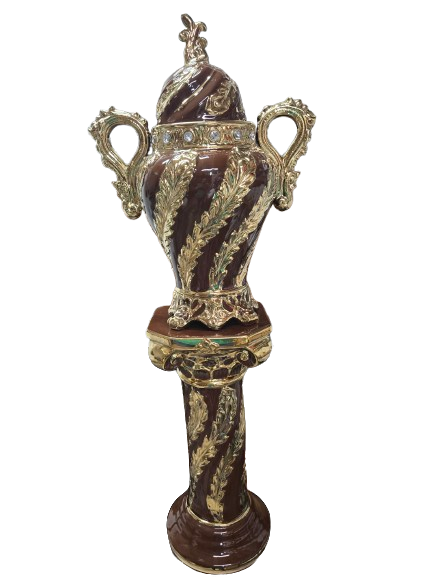
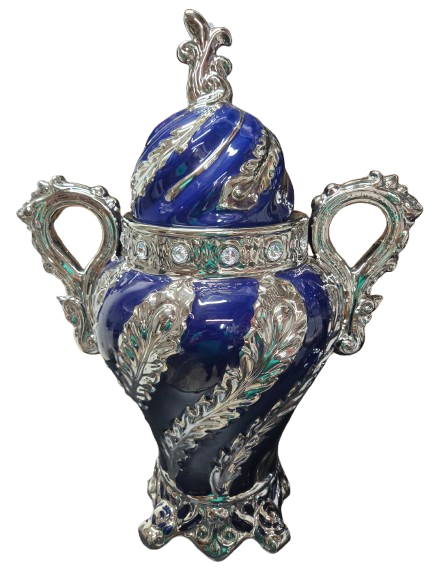
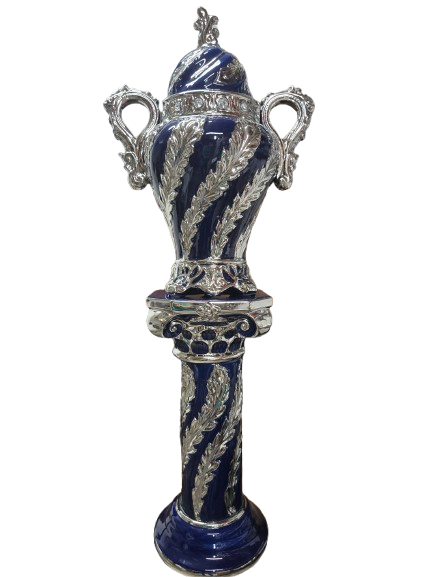

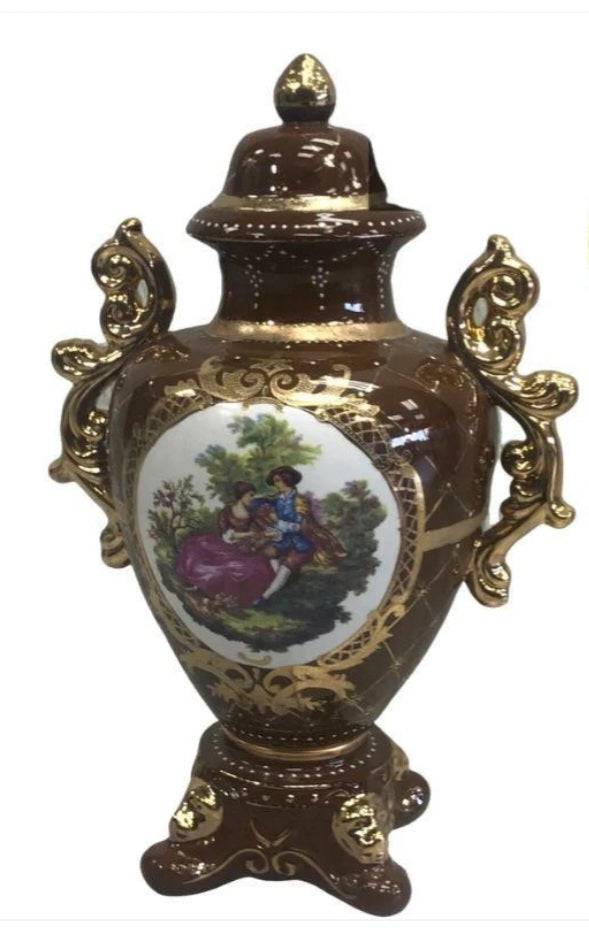
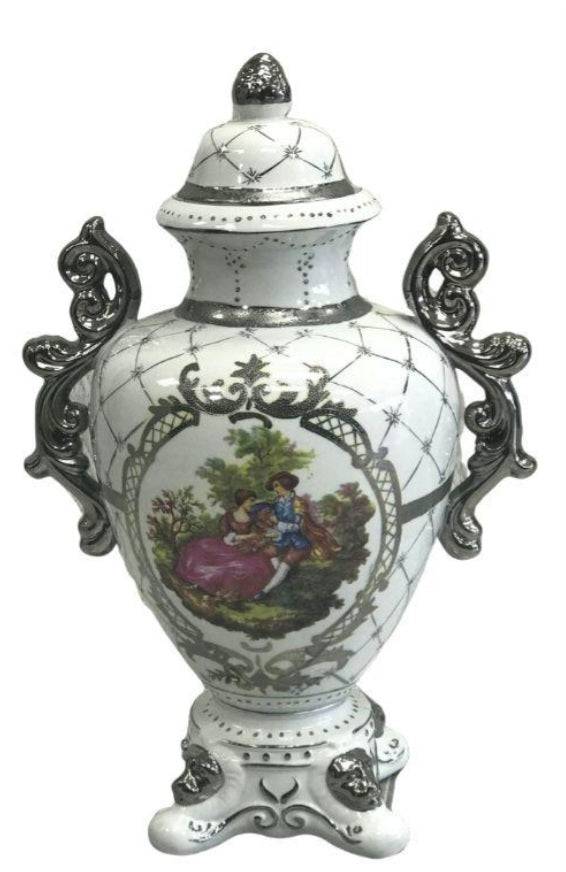
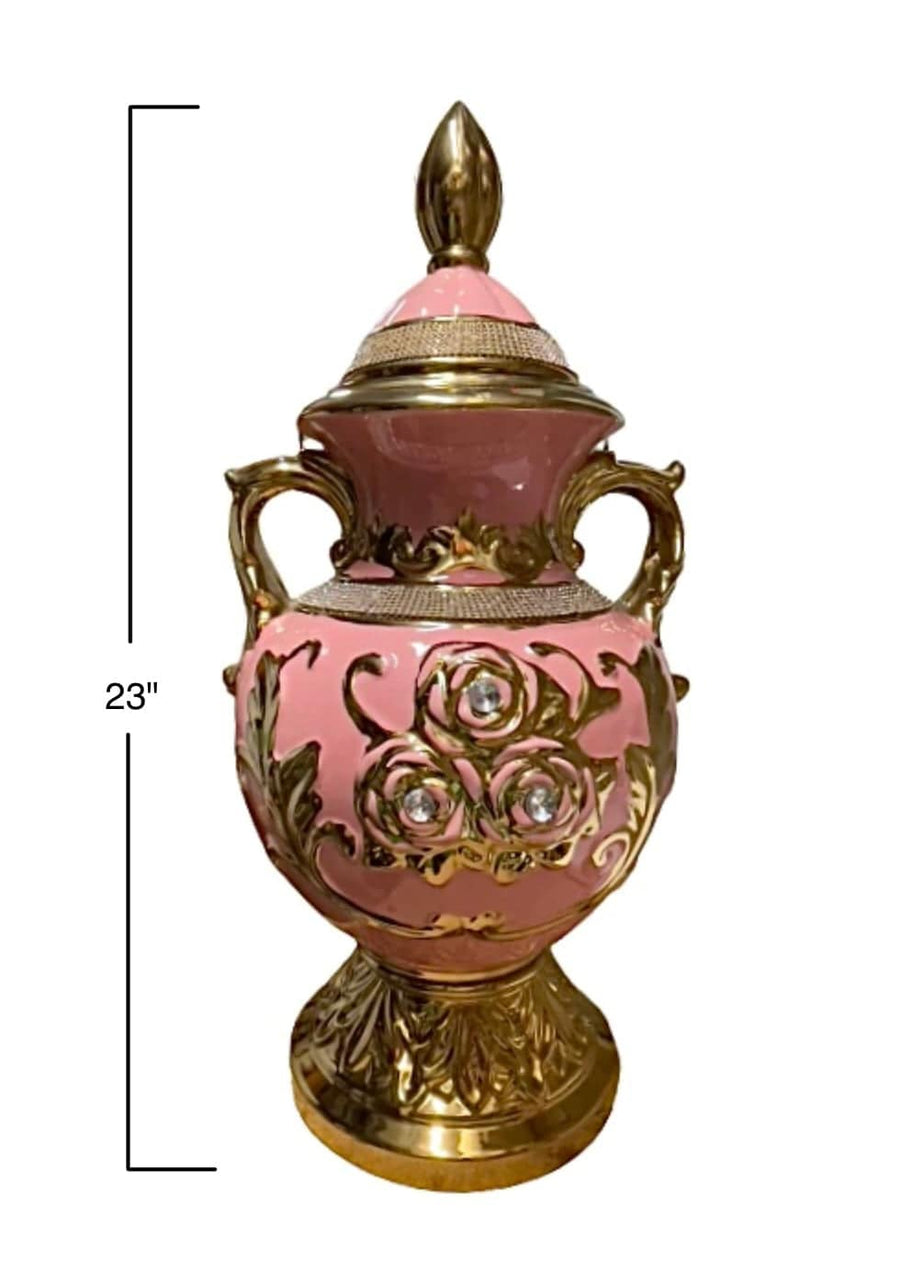
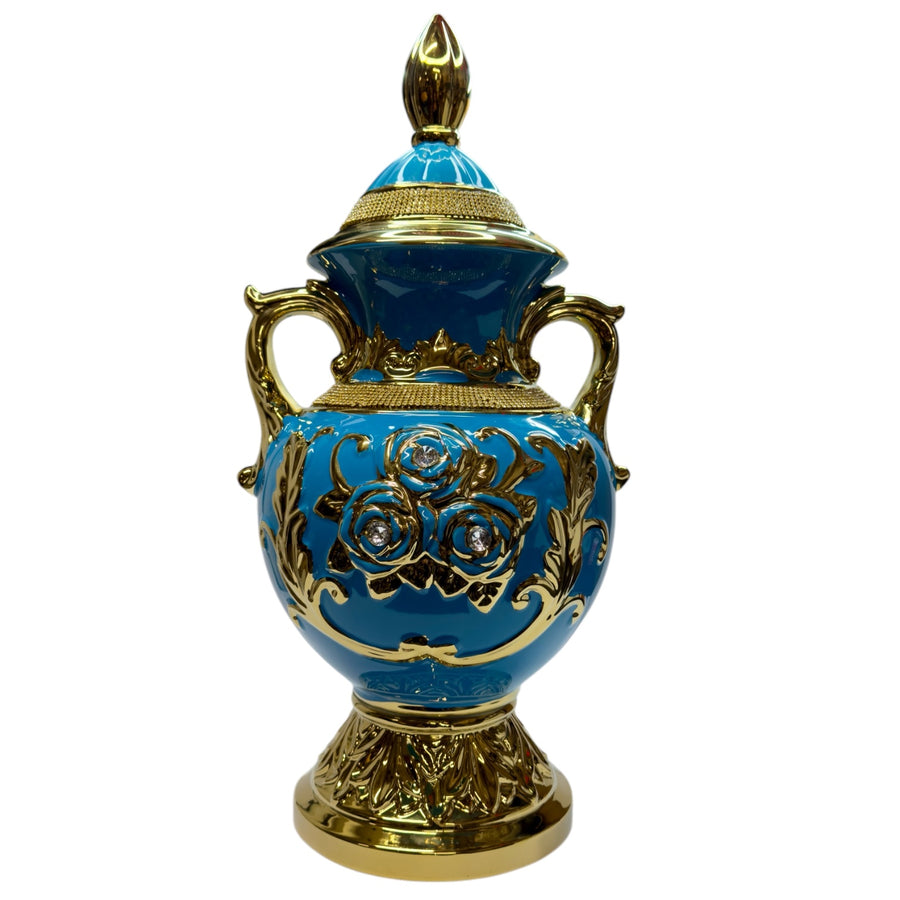
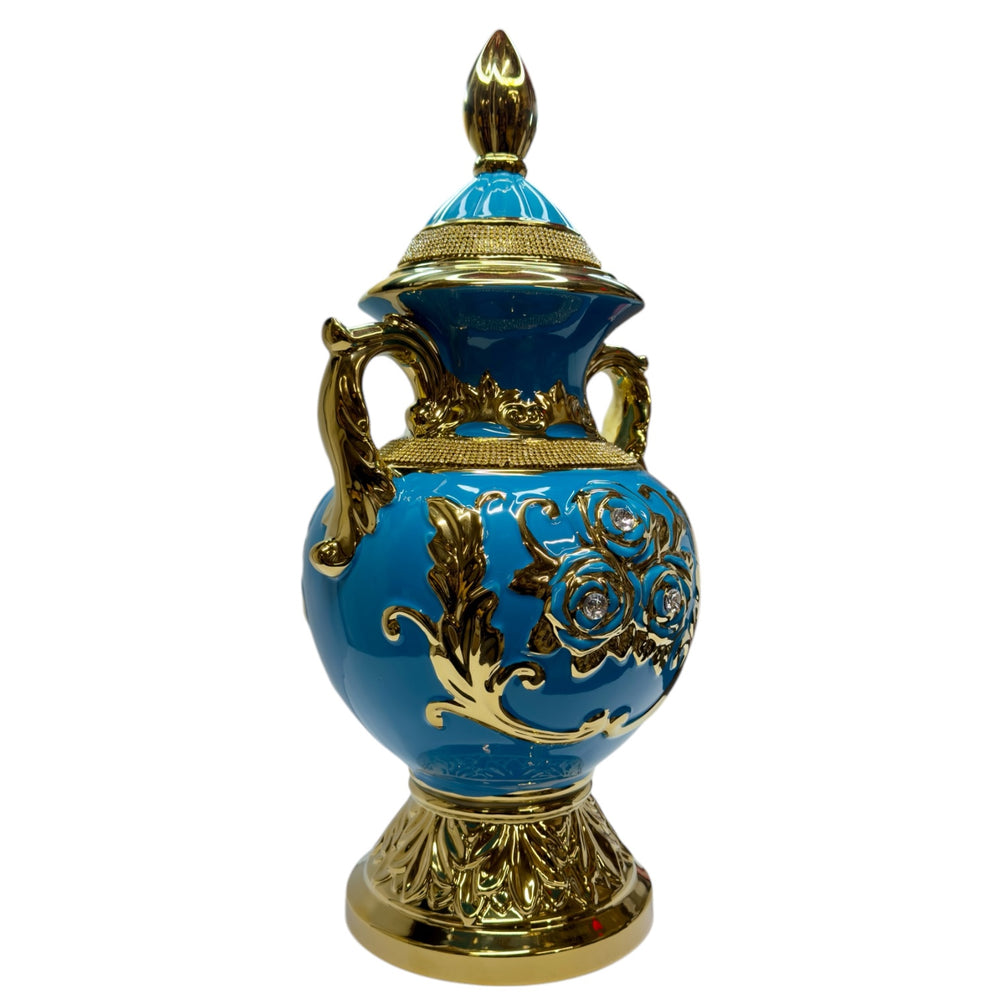
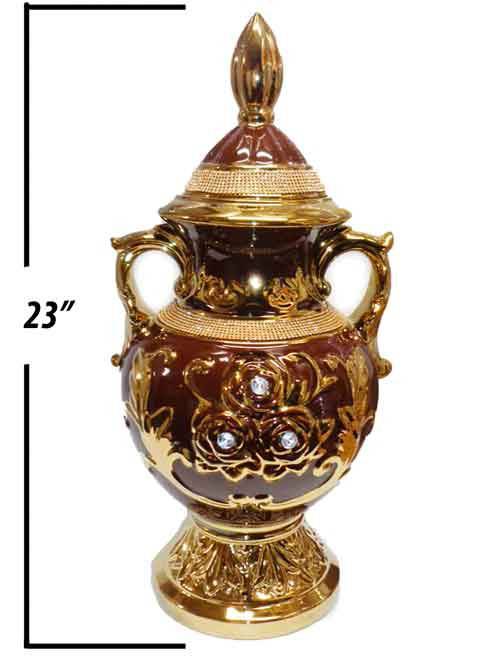
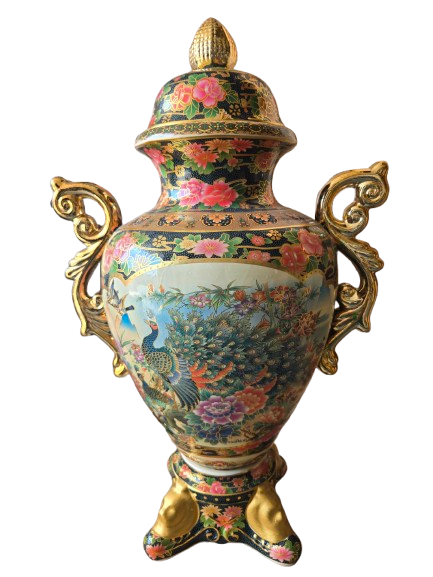
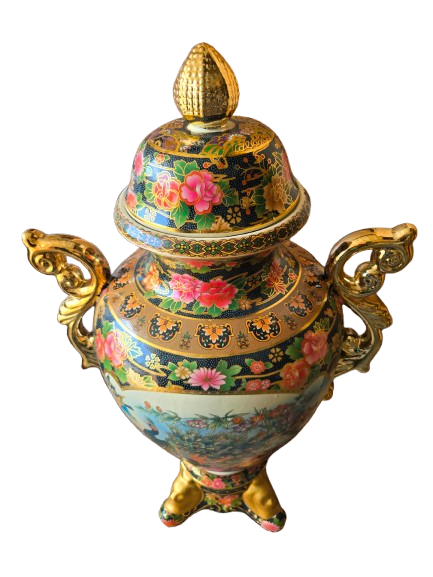
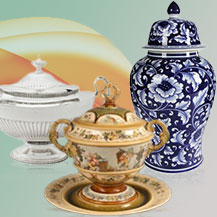
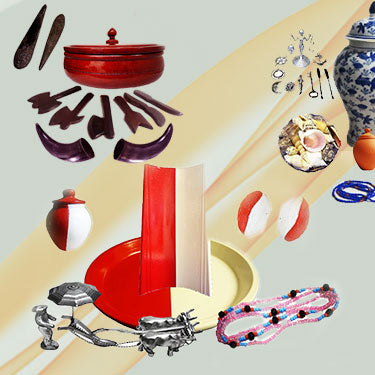

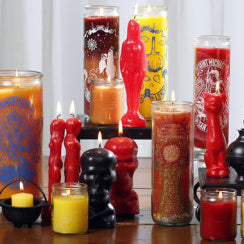
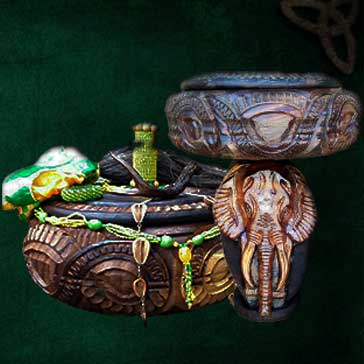
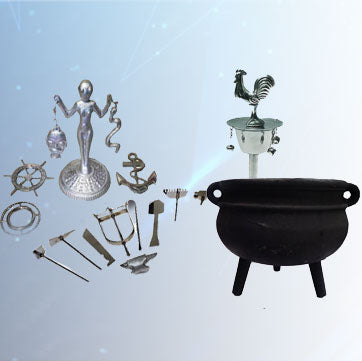
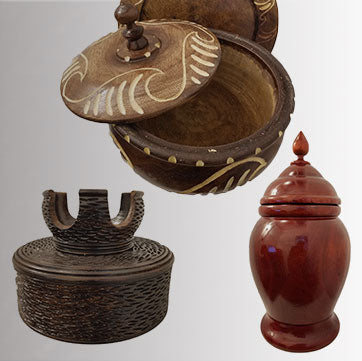
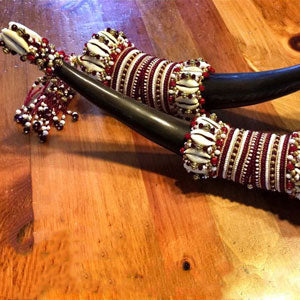
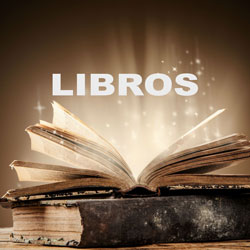

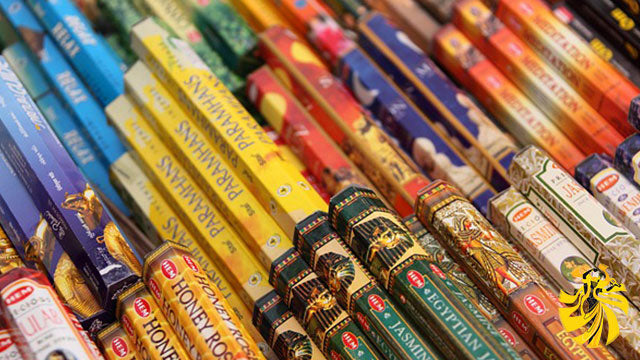
Dejar un comentario